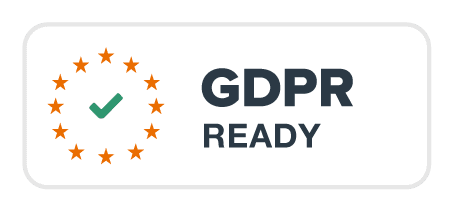Cannabis Legalization in New York: A Question of When and How, Not Whether
By Noah Potter, Esquire, Of Counsel to Hoban Law Group
[Editor’s note: This is the first of a two-part review regarding the status of adult-use legalization in New York State in light of the governor’s commissioned report by the Department of Health. The second segment will run in this space tomorrow.]
On July 13, the New York State Department of Health released a comprehensive report to Governor Andrew Cuomo stating that the positive effects of legalizing cannabis would outweigh the negative effects.
The long-awaited, six-month study was released with a finding that the positives outweigh the negatives. The report, titled “Assessment of the Potential Impact of Regulated Marijuana in New York State,” was commissioned by Cuomo in January to assess the potential public safety and public health impacts along with tax revenue benefits in its assessment.
It marks a watershed towards creation of a legal cannabis market, but extensive issues remain to be solved and leveraged among opportunities for the cannabis legalization movement and the cannabis industry to create a viable adult-use market.
The report’s main themes include:
- Legalization is a question of “how,” not “if”;
- Thereare no insurmountable obstacles to legalization;
- Legalization must be couched in harm reduction, an alternativeapproach to prohibition which recognizes harms associated with the use of psychoactive substances, while recognizing that people will nevertheless continue their use, and that the practical goal should be keeping those users as safe as possible.
Reasons to legalize
The report presents many standard legalization arguments: a lower incidence of opioid overdoses in states with liberal access to cannabis, and possible elimination of the market for synthetic cannabinoids; reducing the negative effects of cannabis prohibition on communities of color (a primary reason for political endorsement of legalization); the likelihood of deportation as a collateral consequence of cannabis prohibition; and cost savings fiscally coupled with increased tax revenues. It also dismisses the notorious but discredited gateway theory of drug abuse.
Good policies can minimize risks
The report identifies health risks inherent to cannabis, plus difficulties in preventing and detecting driving under the influence. It assumes that risks can be minimized through good policy: One novel insight is that substance-abuse prevention and treatment professionals and law enforcement authorities — groups traditionally hostile to legalization — can help create good policies for minimizing problematic use and for controlling driving under the influence.
Economic considerations
The report estimates sales in New York’s illicit cannabis market to reach between $1.74 billion and $3.5 billion annually. It conversely projects annual tax revenue worth between $248 million and $677 million, depending on the going price per ounce and the applied tax rate.
Recommendations
Among the report’s definitive recommendations:
- Putting a cap on the initial number of licenses;
- Prioritizationof licensing persons who live in areas of disproportionate cannabis over-policing, employment of residents of areas of disproportionate impact, employment of people with drug-related convictions who are otherwise employable, and ownership by persons of color;
- Limitationson the amount of THC and the types of products available and limitation of the amount of purchases to a 1-oz. maximum;
- Openthe legal market with low taxation; and
- Expungingprior criminal convictions for possession.
Reservations
The report also warns of obstacles needing cleared should New York legislators adopt legalization, such as implementing regulatory and testing standards. Tomorrow’s follow-up review will touch on what political winds would need to be navigated to pass as legislation, and to gain Cuomo’s signature.
This is the first of a two-part review regarding the status of adult-use legalization in New York State in light of the governor’s commissioned report by the Department of Health. The second segment will run in tomorrow’sCannabis Insight Daily. Click here to subscribe!


Noah Potter
Noah Potter has over 20 years of experience and relationships in the drug policy reform sector. He handles a wide range of commercial and civil matters, including corporate control disputes involving oppression of minority equity owners, commercial torts such as fraud and fraudulent conveyance, property easement disputes, commercial real estate foreclosure, and non-competition agreements. He can be reached at: noah@hoban.law.


